REPOWER REGIONS is a European Innovation Alliance uniting higher education institutions, VET providers, industry leaders, municipalities, and the banking sector to tackle one of Europe’s most urgent challenges: decarbonising heating and cooling in buildings to cut reliance on imported fossil fuels from Russia. Heating, ventilation and air conditioning account for around 40% of the EU’s total energy use and 36% of its greenhouse gas emissions, yet 75% of the sector still relies on fossil fuels. This dependency has been thrown into sharp relief by the war in Ukraine, underlining the strategic need for energy sovereignty. Our alliance responds by creating cutting-edge, multidisciplinary training for both current and future workers, equipping them with green-digital skills for sustainable HVAC solutions. We will upskill 1,200 educators, engage over 600 mid-career professionals through a diploma-level course, and establish eight regional intersectoral alliances with 50+ stakeholders to incentivise and mainstream clean energy training. By bridging education, business, policy, and finance, REPOWER REGIONS is helping Europe accelerate the clean energy transition, strengthen resilience against geopolitical threats, and stand in solidarity with Ukraine by reducing the flow of European money to Russian oil and gas. This initiative is jointly implemented by: Kildare County Council (Coordinator) + 12 university, VET, industry, and municipal partners from 10 countries including: • Rīgas Tehniskā Universitāte (RTU) – Latvia • České Vysoké Učení Technické v Praze (Czech Technical University in Prague, CVUT), Czech Republic • University of Belgrade – Faculty of Mechanical Engineering – Serbia • Steinbeis School of Sustainable Innovation and Transformation GmbH – Germany

RUNNER-UP
University Alliance of the Year Award
REPOWER REGIONS Alliance
RUNNER-UP University Alliance of the Year Award
REPOWER REGIONS Alliance - Denmark
"Fuel Freedom: Europe’s Skills Drive to End Russian Energy Dependence"
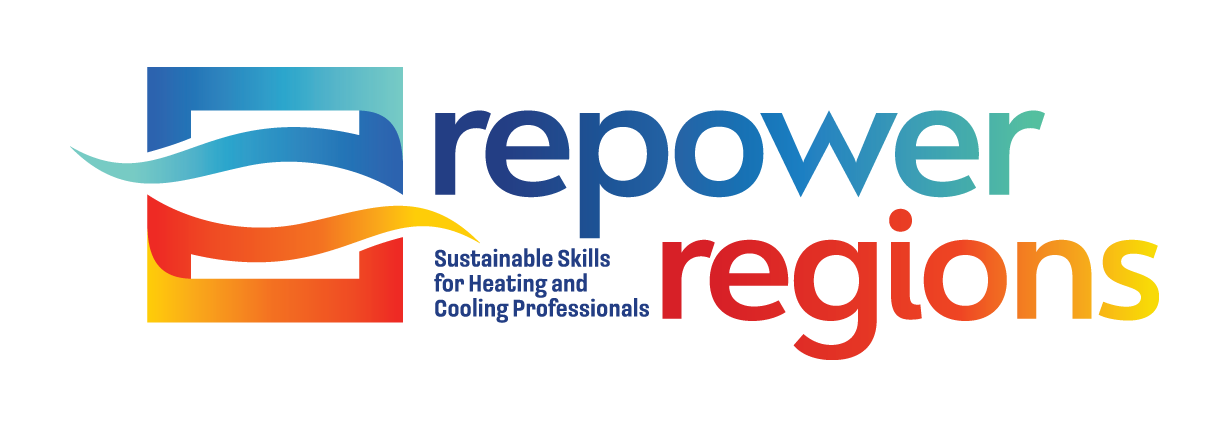
Have a say and vote for this entry to win the People's Choice Award!
500 points per vote
Provide your email address and click on "vote". You will then receive an email that enables you to verify your vote by clicking on a link.
1500 points for each share/re-post; 500 points for each like
This entry has not provided any social media links for community voting.
Summary
Key People
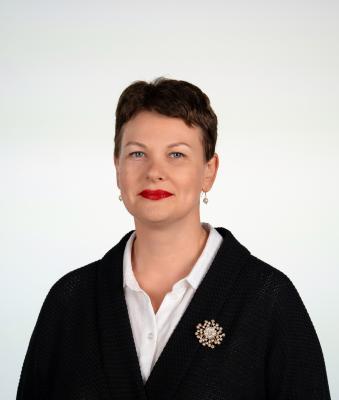
Prof. Tatjana Tambovceva
Professor
Riga Technical University
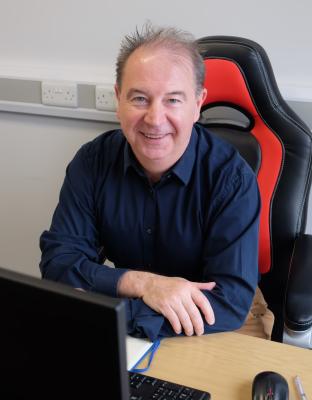
Canice Hamill
Director
European E-learning Institute
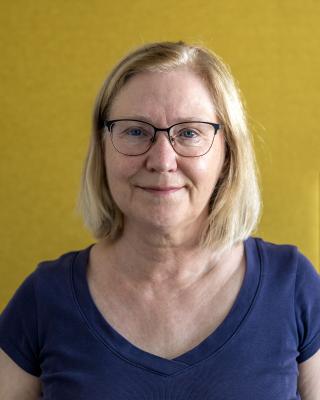
Prof. Zuzana Dvorakova
Professor
Czech Technical University in Prague
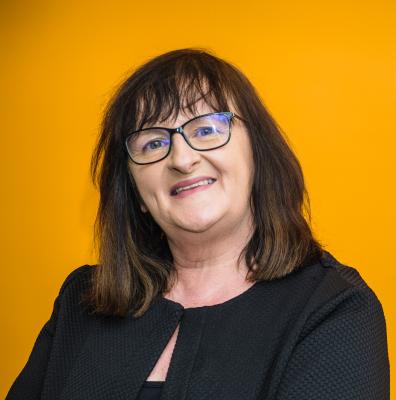
Orla Casey
Director
Momentum Marketing Services

Samantha Carty
EU Project Specialist
Momentum Marketing Services

Aine Hamill
European Project Officer
EUEI
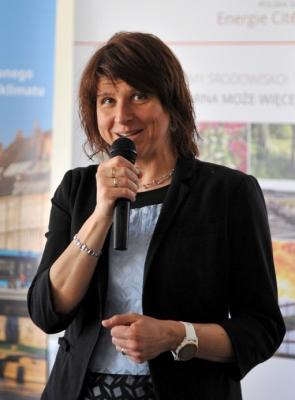
Anna Jaskuła
Executive Director
Energie Cites

Beatriz Oliete
Head of International Projects
Fundación Laboral de la Construcción

Boris Bulatovic
Director
Steinbeis School of Sustainable Innovation and Transformation
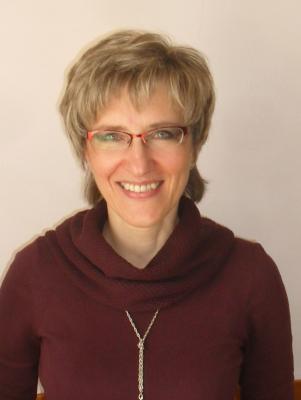
Iwona_Korohod
Project Manager
Energie Cites
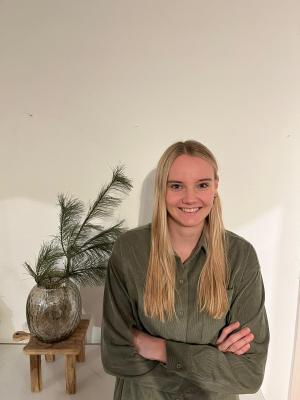
Kim Henschel
Project Engineer
Jaske & Wolfe
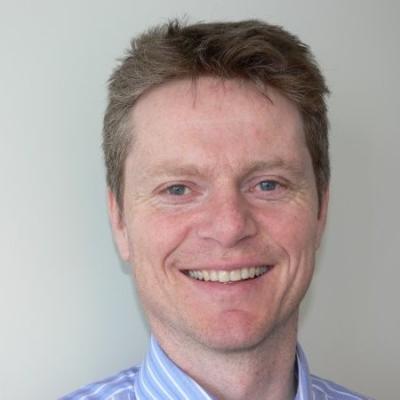
Kjell David
Advisor
Fagskolen Rogaland
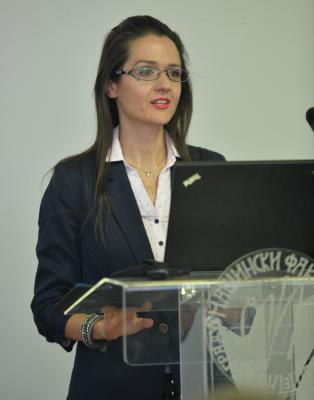
Mirjana Stamenic
Professor
University of Belgrade
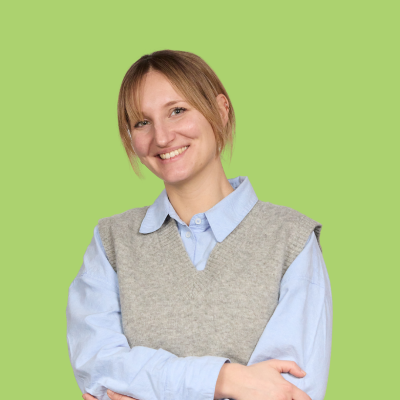
Sofia Bazzano
EU Project Coordinator
REHVA
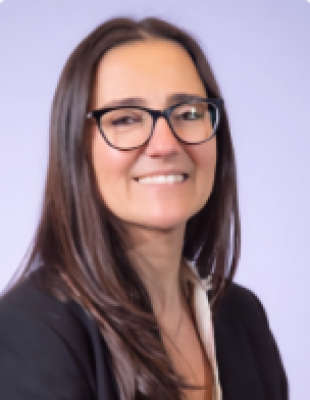
Stella Aguirre
Internationalization Coordinator
Fagskolen Rogaland
Acknowledgements
Funded by Erasmus+ Partnerships for Innovation – Alliances (ERASMUS-EDU-2024-PI-ALL-INNO). Partners include universities, vocational training centres, industry representatives, municipalities, and sector associations across Europe.
Images
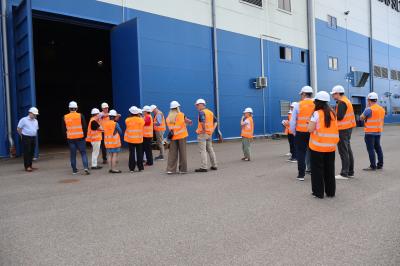
Entrance to Boortmalt factory in Kildare to visit its heating and cooling systems
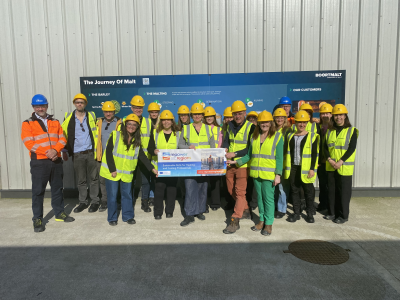
Group picture outside Heat Pump at Boortmalt factory
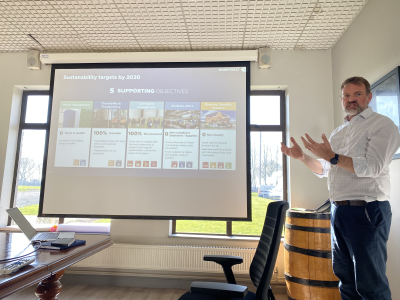
Presentation of Boortmalts sustainability goals and methods
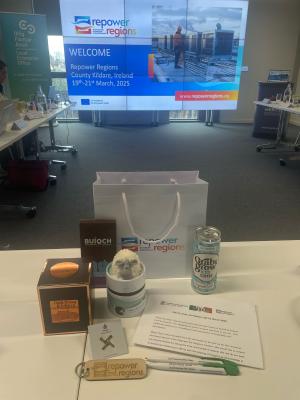
Repower regions kick off meeting in Ireland - Welcome Pack
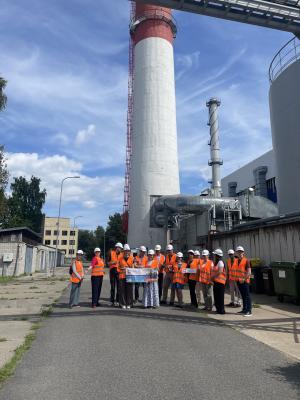
Study visit to Rīgas Siltums, Riga’s district heating company.
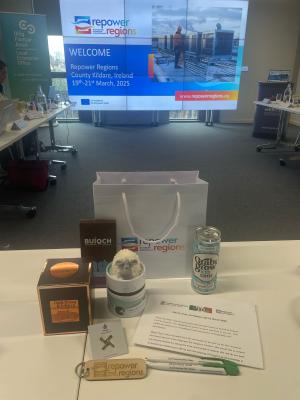
Repower region partners pictured outside Riga Technical University during second meeting
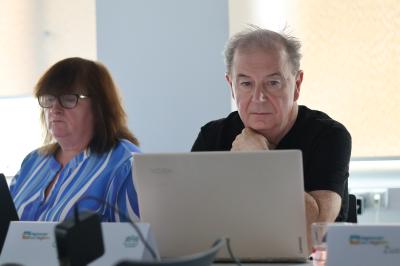
Canice Hamill from European Elearning Institute during meeting in Riga Technical University
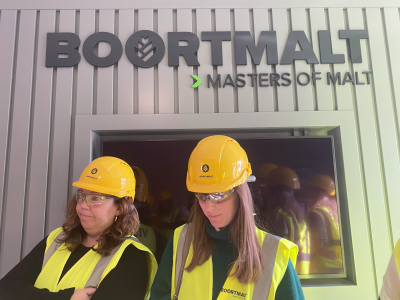
Boortmalt tour in Kildare Ireland - visit to large heat pump used in factory
IMPACT STORY
Impacting lifes
Aine, a young Irish instructional designer, had just finished her master’s in e-learning development when she joined the REPOWER REGIONS team. Tasked with leading the creation of an online curriculum at EQF level 5 for mid-career HVAC professionals, she suddenly found herself working side by side with senior professors from the University of Belgrade — academics with decades of experience teaching local government and industry leaders, often using highly technical, even Japanese-influenced, methods.
On the other end of the spectrum, Fagskolen Rogaland in Norway brought in VET teachers working daily with 16- and 17-year-old apprentices, many of them recent migrants, whose immediate need was practical, hands-on training at EQF level 4. Aine’s role was to hold these worlds together — designing a “scaffolded” curriculum that could flex upward into bachelor studies at EQF level 6, and downward into vocational pathways, without losing coherence.
The journey is still ongoing, but already the collaboration has transformed how partners see each other. Professors who were used to lecturing senior managers are re-thinking how to teach 17-year-olds. VET teachers are recognising the value of embedding digital learning design. And Aine, initially the least experienced in the room, has become the bridge — using empathy to understand cultural differences, trust to build confidence in the process, and cultural intelligence to make sure every contribution is respected. Together, this diverse team is building more than a course. They are proving that when universities, VET colleges, and digital innovators work as equals, Europe can create genuine lifelong learning pathways that serve both experienced professionals and the next generation of workers.
LEARNINGS
Lessons learned
One key learning has been the importance of involving all value-chain actors from the start — not just educators and enterprises, but also municipalities and banks. Municipalities drive policy change, while banks create financial incentives for sustainable solutions. Bringing these actors into the same alliance meetings has created shared ownership and accelerated adoption.
We also learned that strong cooperation does not come automatically. It rests on three “invisible ingredients”:
• Trust — built slowly through transparency, reliability, and small early wins. Trust has allowed partners in different regions to take risks together and innovate more freely.
• Empathy — making the effort to understand each other’s local contexts and constraints, whether that is a university professor, a municipal official, or an SME owner. This helps shift conversations from persuasion to joint problem-solving.
• Cultural intelligence — recognising and valuing differences in working styles, priorities, and languages. When acknowledged openly, these differences can fuel creativity rather than cause friction.
For those embarking on similar initiatives:
• Build trust early between sectors — their priorities differ, but alignment is possible.
• Use empathy to deepen collaboration and ensure that solutions work in very different local realities.
• Strengthen cultural intelligence by rotating roles, celebrating diversity, and treating differences as a resource.
• Prioritise problem-based learning to make training directly relevant to workplace challenges.
• Plan for micro-credentials to improve recognition and uptake of continuing professional development.
FUTURE PLANS
What's coming?
Looking ahead, REPOWER REGIONS aims to consolidate its role as a bridge between higher education, VET, and lifelong learning in the green-digital transition. The first priority is to secure formal recognition of the curriculum within national qualification frameworks, ensuring that the EQF 4–5–6 pathway becomes embedded in mainstream education. Discussions are already underway with ministries and accreditation bodies to allow the continuing education course to carry ECTS credits, making it portable across Europe.
A second focus is to expand the micro-credential approach into a stackable qualification pathway. This will allow apprentices, graduates, and mid-career professionals to accumulate credits over time and progress flexibly from vocational training through to bachelor and eventually master’s-level specialisations. Professional associations and chambers of commerce will be engaged so that qualifications are valued by industry and supported as part of CPD frameworks.
The Alliance also plans to widen its sectoral scope by piloting future modules in areas such as AI-driven optimisation of heating and cooling, geothermal integration, and community-scale energy networks. Alongside this, partners are preparing a regular skills foresight report to inform policymakers and industry about emerging competence needs, directly contributing to the EU Green Deal and REPowerEU strategies.
Finally, REPOWER REGIONS will nurture its community of practice. A pan-European alumni network will connect teachers, students, and practitioners, while an annual Alliance Summit will rotate between regions, cementing links between universities, VET colleges, municipalities, and enterprises. In this way, the project will continue to grow into a sustainable, self-reinforcing ecosystem.

